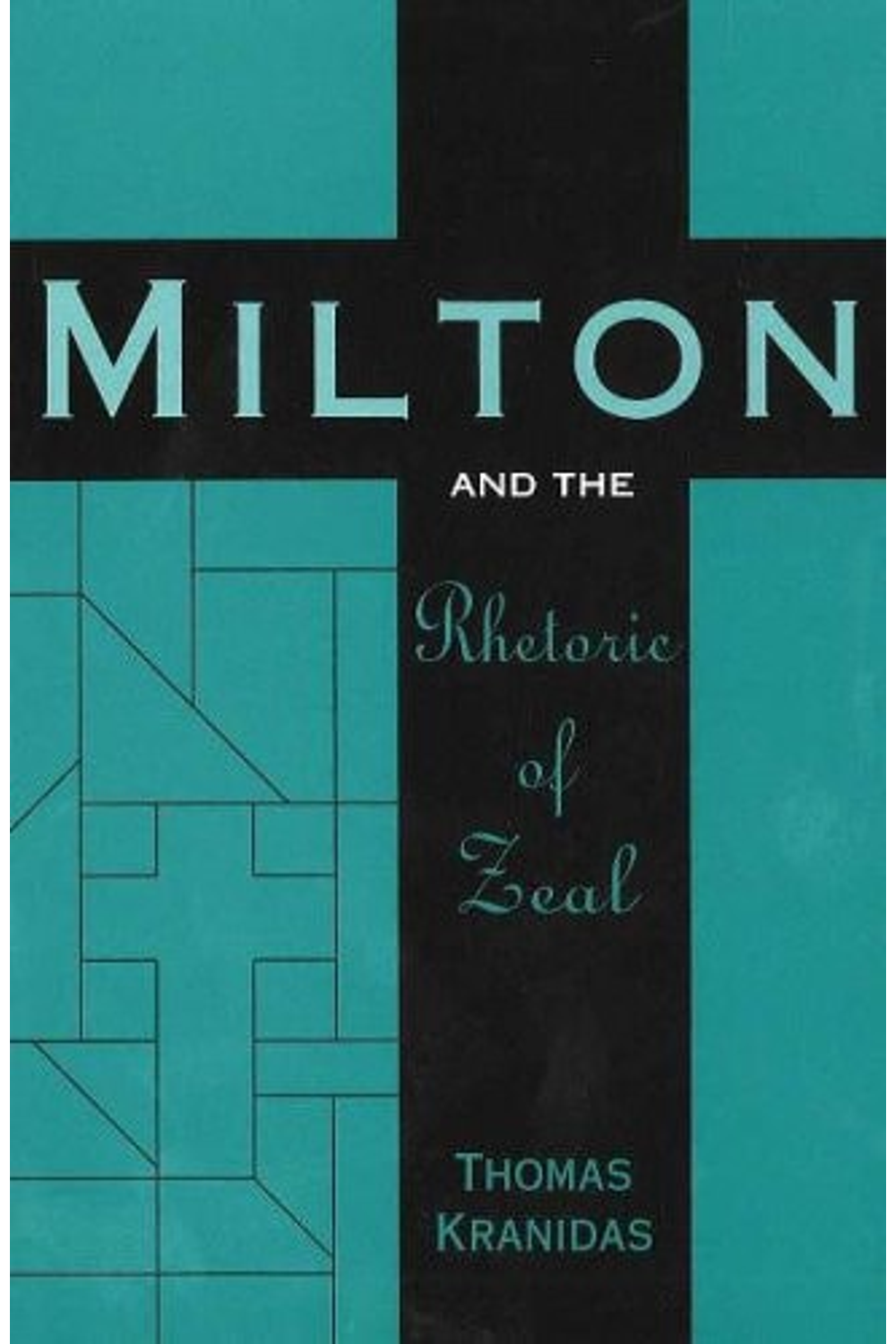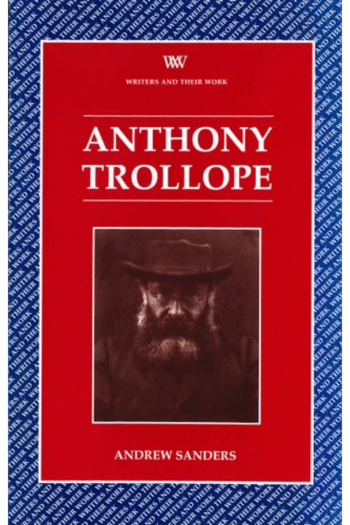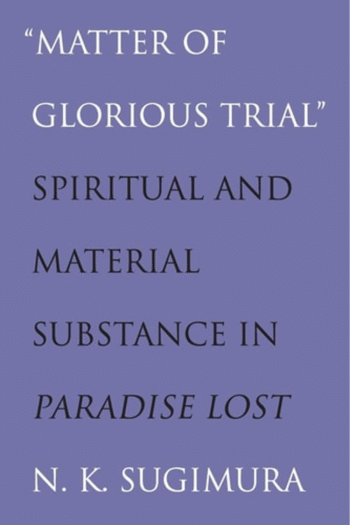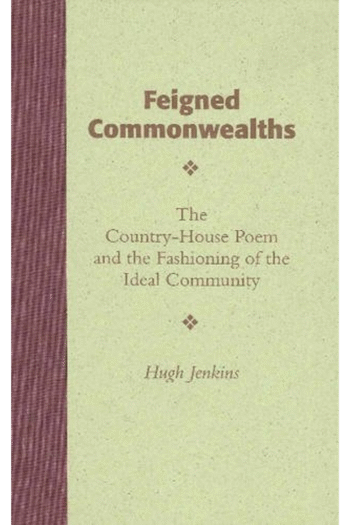Uncover the roots of Milton’s powerful prose in Thomas Kranidas’s “Milton and the Rhetoric of Zeal.” This compelling hardcover explores the radical rhetoric flourishing within 17th-century English Puritanism and its profound influence on Milton’s distinctive writing style. Published by Duquesne University Press, the book delves into the era’s fervent religious and political landscape, revealing how Puritan zeal fueled a unique and forceful mode of expression. Kranidas meticulously examines the historical context of this “rhetoric of radical excess,” illuminating its impact on Milton’s works. Explore the intricate connections between religion, politics, and literature in 17th-century England and gain new insights into the intellectual underpinnings of Milton’s revolutionary voice. Perfect for scholars and enthusiasts of Milton, Puritan history, and Renaissance literature. Part of the Medieval and Renaissance Literary Studies series. ISBN: 9780820703619
Milton and the Rhetoric of Zeal (Medieval and Renaissance Literary Studies)
16,96 $
In stock
Description
“Describes a rhetoric of radical excess that developed among the Puritan wing of English Protestantism during the sixteenth and seventeenth centuries and from which Milton’s radically aggressive style of prose emerged”–Provided by publisher.
Dive into the fiery world of 17th-century English Protestantism with Thomas Kranidas's "Milton and the Rhetoric of Zeal," a compelling exploration of the radical rhetoric that shaped John Milton's powerful prose. This meticulously researched hardcover edition, published by Duquesne University Press in 2005, unveils the origins and development of a unique style of communication among the Puritan wing, a style characterized by "radical excess" and aggressive argumentation. Kranidas delves deep into the intellectual and political climate of the era, examining how the intense religious fervor and social upheaval fueled a distinctive mode of expression. He traces the evolution of this rhetoric, revealing how it became a potent tool for Puritans seeking to challenge established norms and advocate for their beliefs. The book doesn't just analyze Milton's style in isolation; it contextualizes it within a broader movement of religious and political radicalism. Explore the connection between Christianity, literature, and political discourse in 17th-century England. This study illuminates how religious zeal translated into a distinctive literary voice, particularly within Puritan circles. The book goes beyond simple analysis, providing historical context about the radicalism and Puritan intellectual life in England during this transformative era. Kranidas expertly navigates the complex interplay between religious conviction, political activism, and literary expression, offering fresh insights into Milton's work and the broader cultural landscape of his time. Readers will gain a deeper understanding of the forces that shaped Milton's prose and the enduring legacy of Puritan rhetoric. "Milton and the Rhetoric of Zeal" is an essential resource for scholars of Milton, Puritanism, and 17th-century English literature and history. Its insightful analysis and meticulous research make it a valuable addition to any academic library or personal collection. This book (264 pages) offers readers a rich and nuanced understanding of a pivotal period in English history and the powerful rhetoric that defined it. This book is part of the Medieval and Renaissance Literary Studies series.
Additional information
| Authors | |
|---|---|
| Binding | |
| Condition | |
| ISBN-10 | 0820703613 |
| ISBN-13 | 9780820703619 |
| Language | |
| Pages | 264 |
| Publisher | |
| Year published | |
| Weight | 536 |
| Dewey decimal | 828/.408 |
SKU: M-9780820703619-0
Categories: 1500-1700 -- Rhetoric., 1608-1674 -- Prose., 1608-1674 -- Technique., Christian literature, Christianity and literature -- England -- History -- 17th century., English -- History and criticism., English language -- Early modern, John, Milton, Politics and literature -- Great Britain -- History -- 17th century., Puritans -- England -- Intellectual life., Radicalism -- Great Britain -- History -- 17th century.
Related products
- Additional information
- Currencies
- USD – United States dollar
- EUR – Euro
- GBP – Pound sterling
- CNY – Chinese yuan
- BRL – Brazilian real
- MXN – Mexican peso
- JPY – Japanese yen
- PHP – Philippine peso
- THB – Thai baht
- PLN – Polish złoty
- CAD – Canadian dollar
- MYR – Malaysian ringgit
- AUD – Australian dollar
- TWD – New Taiwan dollar
- CZK – Czech koruna
- SEK – Swedish krona
- HUF – Hungarian forint
- ILS – Israeli new shekel
- CHF – Swiss franc
- HKD – Hong Kong dollar
- DKK – Danish krone
- SGD – Singapore dollar
- NOK – Norwegian krone
- NZD – New Zealand dollar





